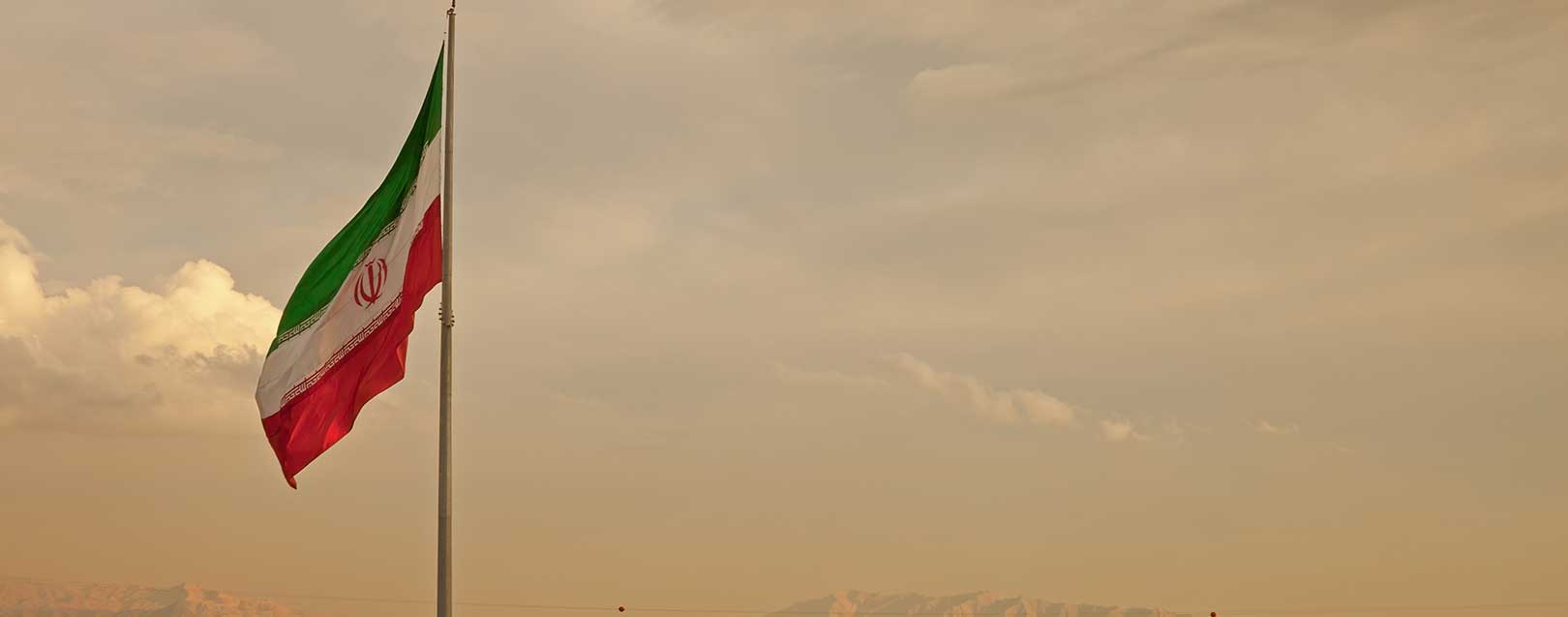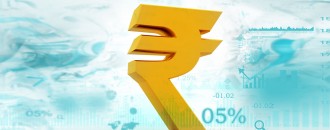
Iran to face obstacles in financing purchase from Boeing and Airbus
The Dollar Business Bureau
Embedded in the Iran Nuclear Deal of 2015 were terms related to assured support from the developed world for Iran to acquire a fleet of new aircraft from majors like Boeing and Airbus.
Reportedly, the country has acquired merely 3 jets from Airbus in return for cash payments so far, while it aims to purchase as many as 180. While Iranian officials try to accelerate talks with British export credit agency to gain an approval, they have multiple roadblocks to address.
Theresa May’s snap decision to hold general elections in the month of June discourages Britain’s export credit arm to take defining decisions affecting foreign policy during such a critical time. The government is also likely to postpone dealing with the issue until after the elections. Meanwhile, the Iranian government is under immense pressure to show results of the Nuclear Deal before the country’s elections in May.
The landmark deal signed between Iran and six other world powers in 2015 opened up Iran’s trade with most of the developed world. Iran took this opportunity to upgrade its degenerating fleet of aircraft, by roping in Airbus and Boeing for the purchase of new aircraft. Most banks have shied away from financing the purchase following Trump’s remarks on the deal and the increasing likelihood of a rollback under his Presidency.
When banks turned their backs on the big-ticket purchase, Iran approached the export credit agencies of the countries where the sellers’ companies belong. This is where the UK Export Finance (UKEF) and US EXIM (Export Import Bank) play a crucial role in supporting Iran. Trump’s recent remarks have questioned the role of EXIM in the economy, clouding the future prospects of the department, which adds on to the stockpile of obstacles Iran must face obtaining credit.
Piling on to this uncertainty, Airbus recently admitted to a fraud involving the supply of faulty applications, triggering a full-blown investigation. Following this, the UKEF has temporarily blocked funding of Airbus orders.
Here the role of export credit agencies becomes imperative not only for the advancement of Iran’s economy but also for the foreign exchange earnings of manufacturers in UK and USA. Political uncertainty, this case proves, doesn’t do any good to the growth of global economy.






 to success.
to success.